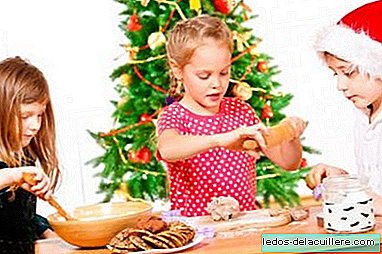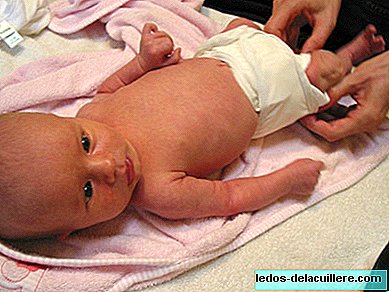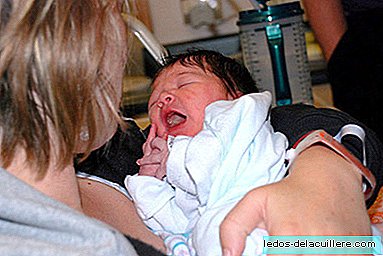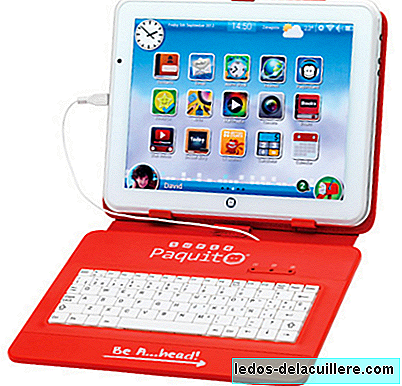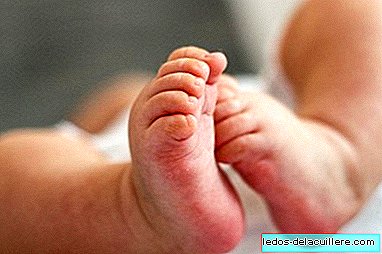
Today 'The King of the House goes on sale, why children decide our purchase'. It is the last book by Miguel González - Durán, pioneer in children's marketing in our country, and director of Arista Kids & Teens (Spanish communication agency).
In 'The King of the House' It is demonstrated through data from different studies that Spanish households are experiencing a social phenomenon called 'filiarchy' which reflects the decisive and influential role that children currently play in the home and the horizontal relationships that have been established between parents and children.
This work throws surprising data that draw a new panorama of consumption in which the smallest seem to have the last word when selecting many of the products that we find in Spanish homes. These they are called 'Colón Children', who from their privileged position in the shopping cart, extend the little hand towards what catches their attention and want to obtain and select their brand or their preferred product.
But González - Durán defines other profiles of family consumption, such as 'Disney parents': those who, being aware of the impossibility of devoting more time to their children, try to ensure that the time they devote to them is loaded with activity ”. And there is also room for 'Moms Questions', those who understand that their daughter or son are in a horizontal relationship in consumption and every time they buy something, they cook something, they do something, they always ask their children what they like, what they want.
70% of consumption in Spain corresponds to households with children under 14, which are 37% of the total. In family purchases, 4 out of every 9 products that are bought in the company of children are destined for the little ones in the house who, with only 2 years, start asking for consumer items from their parents
I have to say with that (strange) feeling that you take over when you realize that the life you lead is not reflected in the statistics, that in my family there are no such profiles, although the entry condition is given: 'children ask (and much)'. But then there is the circumstance that I am not afraid to say 'no' and on the other hand I am interested in not getting used to having every thing you could want (I don't think this will be of good results in the future).
It is not that I think that children cannot decide, but what I do not let them do is to put their opinion before negotiating, and on the other hand at home there are issues (as in all families) that are non-negotiable. In our case food purchases; When it comes to clothing they can choose with an economic limit, and gifts only receive for birthdays or Christmas.

But we will continue with this book that promises to be revealing, or at least puts into words what many people already intuit: 70% of children influence purchases, and if they are over 12-14 years old, the number of children involved in the purchase process reaches 75%.
Should we consider children when buying ?, it seems that they are 'consumers 3 in 1': present consumers, with their own money in their pocket, pay it; consumers of influence, because they decide on household purchases; and consumers of the future, because when they are adults they will buy based on the experience acquired. 'Never before has the future conditioned the present so much,' says the director of Arista Kids & Teens.
However (and in my opinion), many families will not be reflected in these figures, simply because the domestic economies do not give for more, that is, where there is fair money to buy food, clothes and pay for electricity, I doubt that children are allowed to decide anything, I say.
It seems that children play an important role beyond products intended for children. It shows in particular when buying technology: know the new gadgets, and handle them as experts. Also after 10 years, they are able to retain 300 brands and cite the ones they like best, along with the reasons.
In this sense, the book gathers a study carried out by the Stanford University School of Medicine and the Lucille Packard Children's Hospital in the US, on how brands affect children in the configuration of food flavor, whose researchers have shown how Children under 8 years prefer the taste of a food whose brand is familiar to them before another without any identification.
The author says that despite the crisis, Children will ask for 4.9 gifts on average, so go preparing an explanation that clarifies to the smallest of the house, that the Magi cannot bring everything they want ... but that they have assured the love and dedication of their parents.
By the way, do you have a Columbus child at home?
Images | 'The King of the House, why children decide our purchases' More information | 'The King of the House, why children decide our purchases' In Peques y Más | Educating children is also facilitating containment attitudes: should parents say 'no'? How to educate our children in responsible consumption? Children who want more time to play and care about social issues affect



